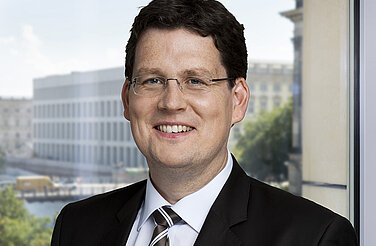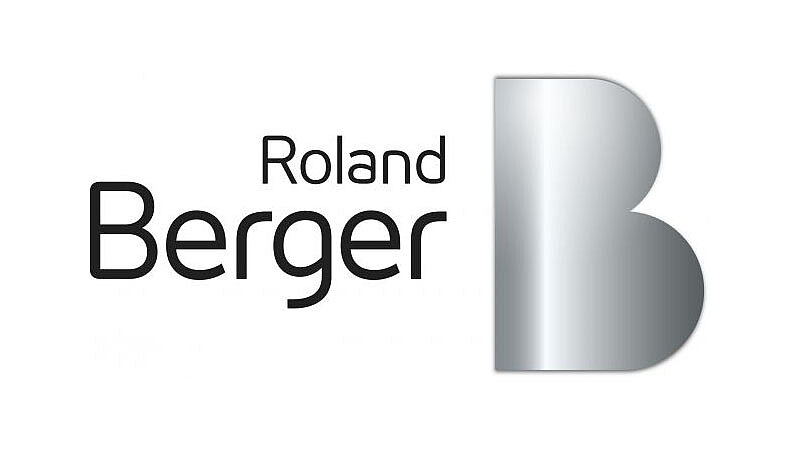Agora Energiewende and Roland Berger propose a pact between government and industry on clean energy policy and industry policy
The proposal aims to secure German industrial competitiveness while also promoting the success of the clean energy transition

To ensure the competitiveness of German industry while supporting the goals of the clean energy transition, the think tank Agora Energiewende and the consulting firm Roland Berger have proposed the adoption of a pact between government and industry on the future of energy policy. The proposal foresees the details of the pact being negotiated between policy makers and business leaders in an institutionalised dialogue process. As a basis for discussing the proposal during the coming legislative period, Agora Energiewende and Roland Berger have developed a “Charter for Industrial Policy that Supports the Clean Energy Transition”. The charter presents the insights obtained from a dialogue on clean energy and industrial policy that was conducted with representatives from prominent companies such as BMW, Wacker Chemie, ThyssenKrupp, Siemens and Trimet Aluminium. However, the companies have not been asked yet to subscribing to the proposal.
“Our future success as a leader in industrial production and as a vanguard nation in the transition to renewables hinges on a common basis: We need to invest more in Germany – and, to this end, we need clear ground rules moving forward,” says Dr. Patrick Graichen, Director of Agora Energiewende. “We believe policy makers and business leaders should work to reach an agreement based on the following mutual assurances: regulators should guarantee the energy costs paid by German industry remain competitive across legislative periods, and business leaders should pledge to identify with and support the goals of Germany’s clean energy transition, which enjoys a broad political mandate. Working together, policy makers and business leaders can then implement Germany’s emission reduction goals in a consistent manner that is also cost efficient and effective.
A number of additional recommendations are made in the Charter’s eight articles. According to the Charter, Germany’s industry should receive assistance in exporting clean energy products to new markets; the existing system of surcharges for subsidising green energy should be reformed based on energy prices; and new market mechanisms should be introduced to encourage positive interdependencies between the electricity, heating, and transportation sectors. As a supplement to these changes, the Charter also foresees measures to make industrial processes more flexible and efficient. Furthermore, research programmes should be created to promote the development of emissions-neutral products and processes.
“The challenge at hand is to properly navigate Germany’s complex energy and industrial policy environment. For clearly, the clean energy transition can only be successful if the private sector plays an active and collaborative role in the process, which includes investing in new technology. At the same time, policy makers must furnish reliable and competitive regulatory conditions for energy-intensive companies to conduct business and invest. Actors on both sides need to be able to rely on one another,” says Stefan Schaible, Deputy CEO of Roland Berger. “We already have the technological solutions we need to reach climate-protection targets, and thanks to our expertise, we have the potential to become a world’s leading provider of green technology. By availing ourselves of these strengths we can ensure the competitiveness of German industry while also bolstering our export economy.”


